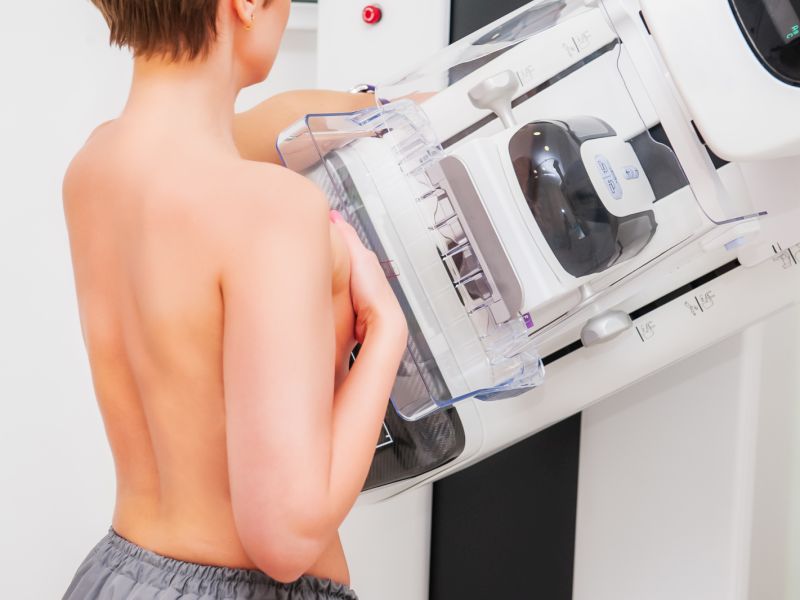
MONDAY, Feb. 19, 2018 (HealthDay News) — Women with a family history of breast cancer remain at higher risk for breast cancer even after age 65, a new study suggests.
The findings could influence screening recommendations for older women, said researchers at Georgetown University Medical Center, in Washington, D.C.
Age is the strongest risk factor for breast cancer. But having a mother, sister or daughter with the disease — a “first-degree relative” — can double the risk, the study authors said.
“Family history of breast cancer does not decline as a breast cancer risk factor as a woman ages. The relationship didn’t vary based on whether a first-degree relative’s diagnosis was made in a woman age 50 or younger, or older than age 50,” said study leader Dejana Braithwaite.
This means women with that first-degree family history should consider this risk factor when deciding whether to continue mammography screening as they age, said Braithwaite, an associate professor of oncology at Georgetown.
The researchers examined records on more than 400,000 women included in a breast cancer registry from 1996 to 2012. They looked at family history of breast cancer among women between 65 and 74 and those aged 75 and older.
Overall, a first-degree family history leads to an absolute increase in five-year risk of breast cancer of 1.2 to 10.3 percentage points, the study found.
However, the actual increase depends on age and breast tissue density, the researchers noted. For example, the five-year risk for breast cancer among women 65 to 74 with dense breast tissue jumped from 15 percent among those with no family history of the disease to nearly 24 percent among those with a close relative with breast cancer.
Similar odds were seen among women 75 or older with the same breast density.
“The goal of our work is to provide evidence that helps inform breast cancer screening guidelines for older women,” Braithwaite said in a Georgetown news release. “Older women who are in good health and have a first-degree family history may consider a screening mammogram even as they age beyond the screening recommendations for average risk women.”
The U.S. Preventive Services Task Force now recommends that women between 50 and 74 have mammography breast cancer screening every two years. The task force says the benefits of screening aren’t as clear for women 75 and older.
The American Cancer Society advises all healthy women between the ages of 45 and 54 to have a yearly mammogram. These screenings can occur every two years after 55 if a woman is otherwise healthy, the group advises.
Breast cancer screening guidelines are evolving, said the study’s senior author Dr. Karla Kerlikowske.
“As breast cancer screening guidelines change from age-based to risk-based, it is important to know how standard risk factors impact breast cancer risk for women of different ages,” said Kerlikowske.
The findings were published Feb. 12 in JAMA Internal Medicine.
— Mary Elizabeth Dallas

Copyright © 2018 HealthDay. All rights reserved.
SOURCE: Georgetown University Medical Center, news release, Feb. 12, 2018
[the_ad id=”28610″]





Leave a Reply